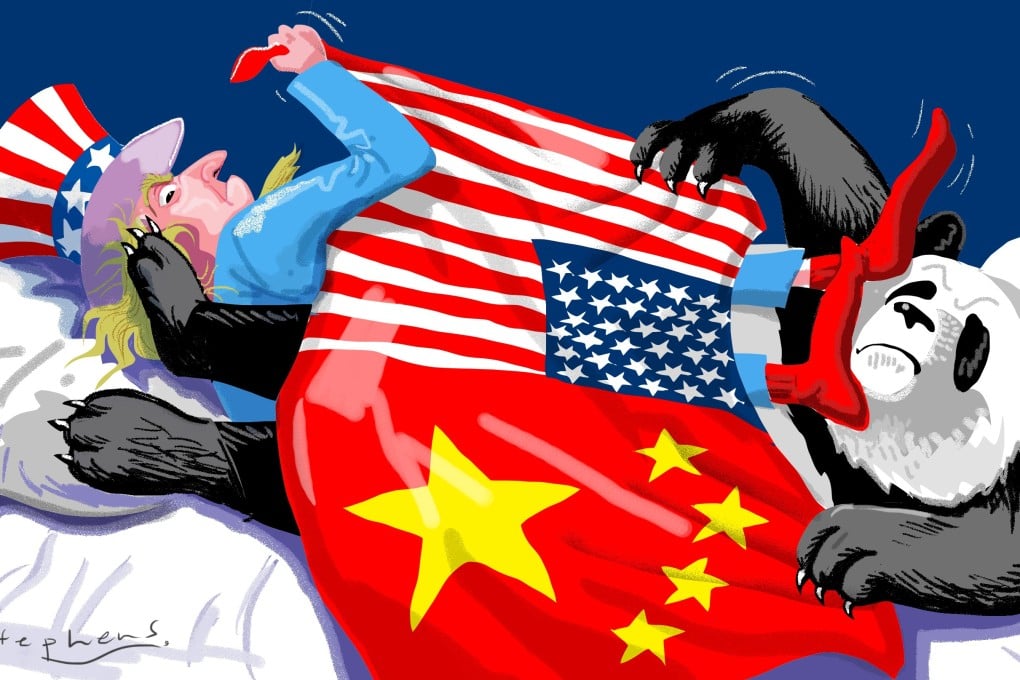Opinion | With economic interests at stake, the US and China can learn to be the best of frenemies
- No matter what the China bashers say, the US will continue to engage with China’s deep pockets. The best way to compete is with sportsmanship: there can be honour even in the most intense rivalry

At the Sixth China Inbound-Outbound Forum organised by the Beijing-headquartered Centre for China and Globalisation, I heard jinghe (coopetition, or collaboration between business competitors) punctuating many conversations with former Chinese government officers.
One year ago at the same forum, which I also attended, discussions centred on the trade war and the repercussions of possible “confrontations on all fronts” (quanmian duikang). As the new reality settled in, the Chinese are coming to terms with the “red face, white face” approach of the Trump administration, a Chinese opera reference best translated as the “good cop, bad cop” dynamic.
In response, writer John Pomfret argued that the US does not need to return to a gentler China policy because no evidence supports the expectation that China will play a constructive role in world affairs. Roy wrote back on July 12 that “[i]t is not a tired chestnut that if you adopt a hostile attitude towards a person or a country, you increase the likelihood of a hostile response”.
